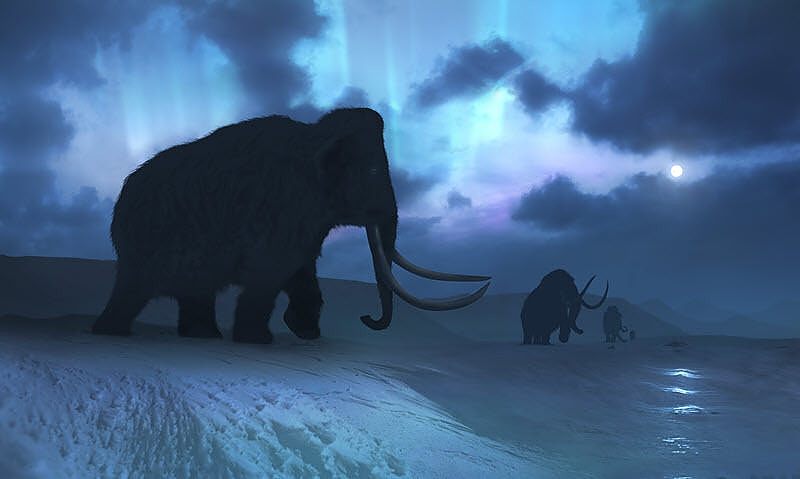An unlikely coalition of investors has invested $60 million into “de-extinction” startup Colossal Biosciences. The group includes:
- Thomas Tull, founder of film production company Legendary Entertainment and head of investment firm Tulco
- At One Ventures, a mission-driven VC firm
- Paris Hilton
- Robert Nelson, managing director of biotech investor Arch Venture Partners
- Animal Capital, a VC firm started by a trio of TikTok stars
- Blockchain gaming company Animoca Brands
- Charles Hoskinson, co-founder of the ethereum blockchain and founder of Cardano
- In addition to: Breyer Capital, Bold Capital, First Light Capital Group, Boost VC, Jazz Ventures, Builders VC, Untamed Planet, Green Sands Equity and Draper Associates
“The group is somewhat eclectic,” admits Colossal CEO Ben Lamm, who relied on the network that he built as an entrepreneur and investor while raising the round. Co-founded by Lamm and Harvard geneticist George Church, Colossal previously raised $15 million in seed funding last year.
Lamm sought out investors that cared about the mission to revive the woolly mammoth. They also need to have a long-term horizon, and storytelling expertise was a plus. Colossal wants to corral the public around its mission through interactive and traditional media experiences, something its entertainment-savvy investors could help with.
The diverse investor group also speaks to the tech world’s growing preoccupation with ecological predicaments. Global VC investment in climate tech startups topped $30 billion last year, more than double 2020’s total, according to PitchBook data.
The mission to bring back the woolly mammoth—technically, an elephant-mammoth hybrid that contains long-dead woolly DNA—could have practical implications for climate change. Colossal believes the return of arctic elephants will improve the ability of far-north ecosystems to sequester carbon by promoting grasslands through grazing as well as compacting snow with their elephantine feet.
Dallas-based Colossal also plans to spin out technologies from the mammoth project that will be useful to restoring ecosystems and species, as well as improving human health.
Raising mammoths from the dead requires a “tapestry of technologies” that spans laboratory tech, software and hardware, Lamm said. To realize the vision, the startup will need a gene editing toolkit as well as an artificial womb. The software Colossal is creating could be leveraged for drug discovery, Lamm said.
The idea of bringing back extinct species isn’t as far-fetched as it sounds. England is set to welcome the return of European bison this spring, after they have been absent for thousands of years. And projects are underway to bring back the American chestnut tree, which largely disappeared after the chestnut blight was imported by humans from Asia.
But compared to those efforts, Colossal’s goal is, well … colossal. The startup hopes to have its first viable mammoth embryos within a few years.
“We’re not really under any timeframe or pressure from a monetization perspective,” Lamm said.
Featured image via Mark Garlick/Getty Images
Credit: Source link





















